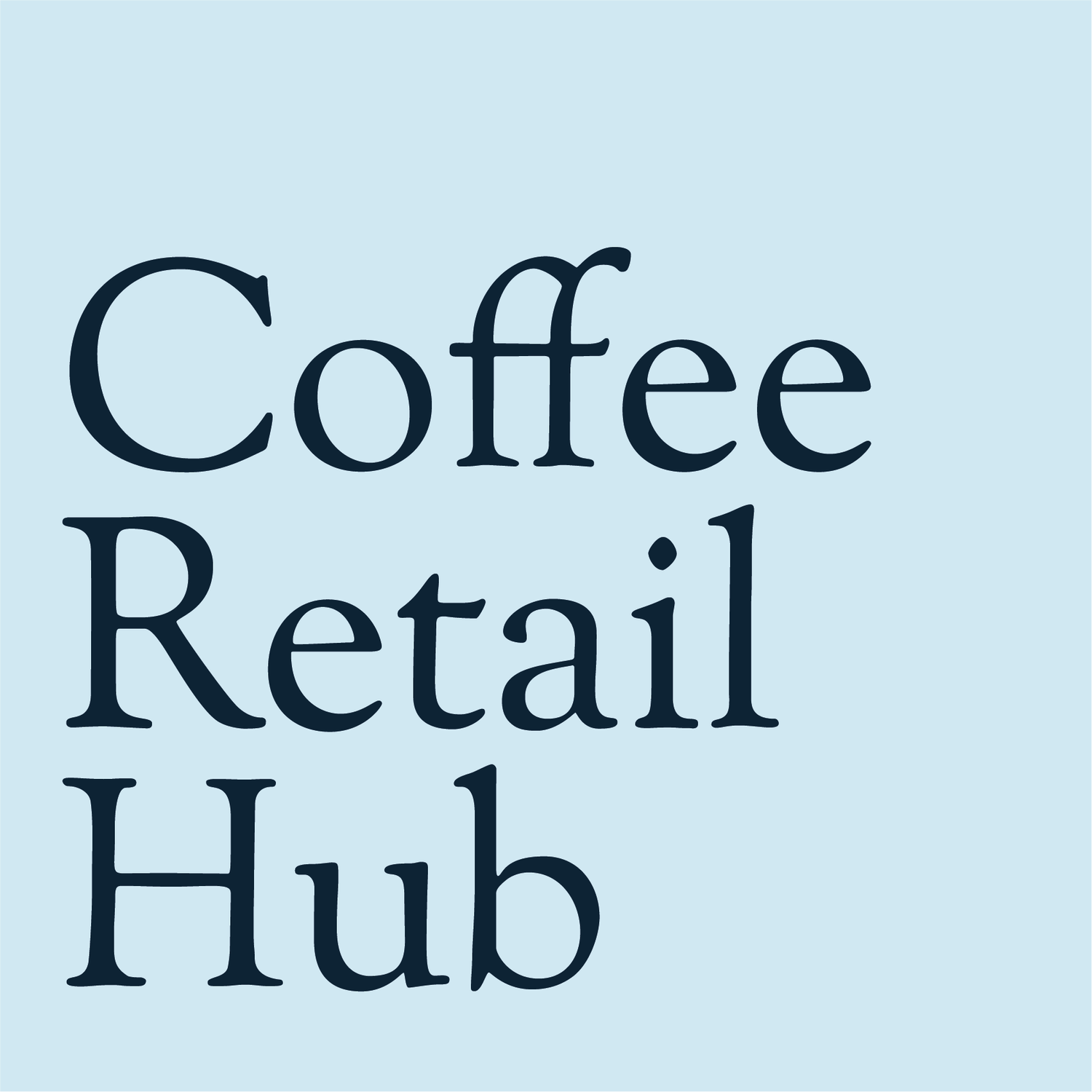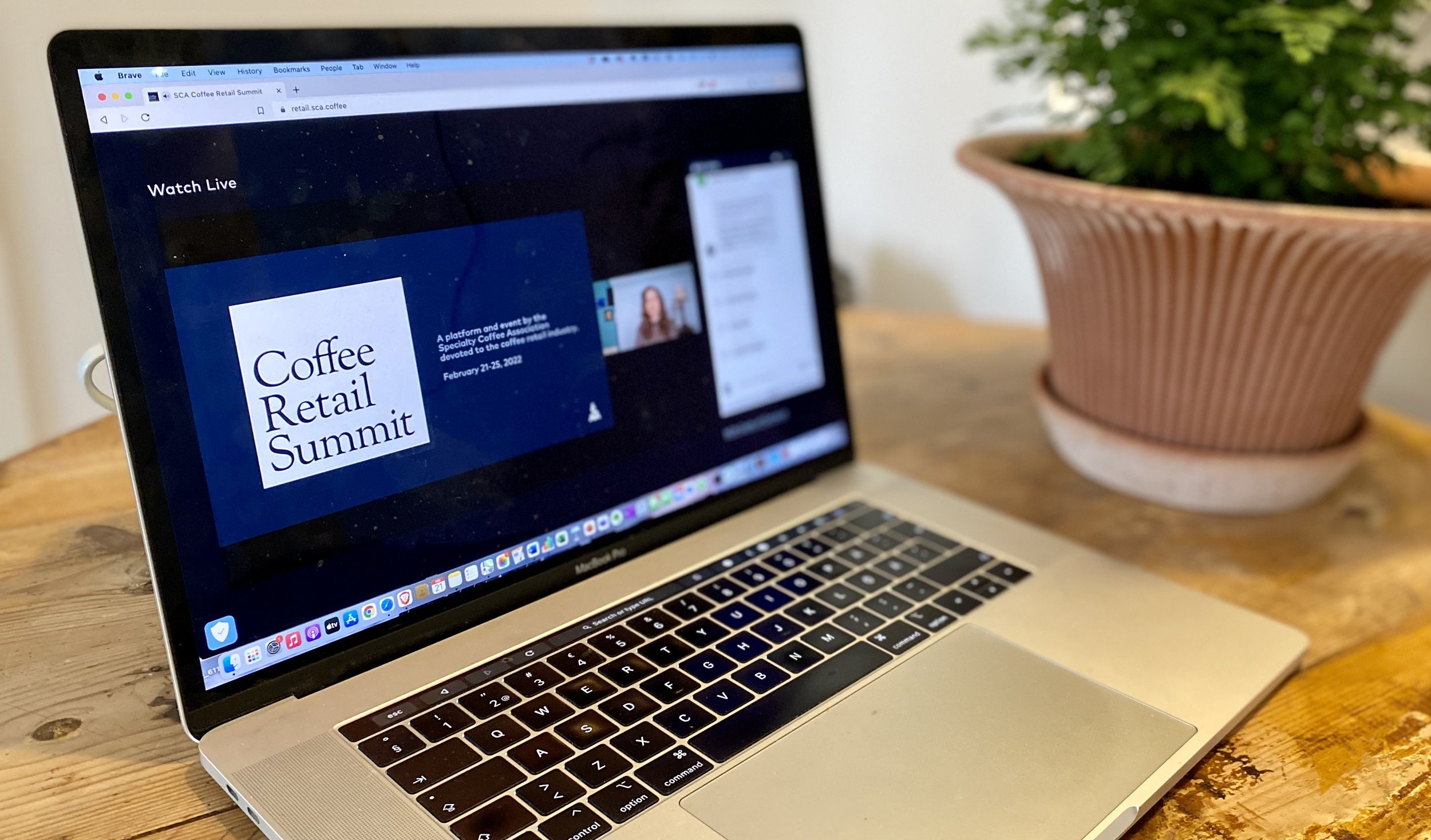
Explore the Resource Library
Search and filter all of the resources for coffee retailer businesses here. Explore by medium (Read, Watch, Listen), by topic (Navigating COVID-19, Market Research, etc.), or both!
What knowledge and practices are essential to today's coffee industry leaders? As coffee culture undergoes a transformative shift, learning and education are paramount.
It's easy to make assumptions about what makes a business like Coffee Collective successful, but the truth is that success - and growth - result from a complex web of decisions.
During the past decade, specialty coffee has seen at least a dozen regional retail brands explode onto the national (and even the international) market, gaining recognition and multi-channel distribution by leveraging venture capital.
In this talk, Chad Little identifies common traits of successful cafés and explains how these traits help shop owners mitigate risk and avoid premature attrition.
Yoonseo Choi advises coffee retailers on how to succeed in e-commerce.
Payhere is a Point-of-Sale system chosen by one out of every three new coffee shops in Korea.
Get to know the SCA’s global platform for connecting buyers and sellers.
NOA BERGER explores how the “field” of coffee was inspired by (and inspires) related industries like fine wine, cacao, and—more recently—vanilla, and queries its impacts.
Cognitive psychologist BENTE KLEIN HAZEBROEK and language professor ILJA CROIJMANS explore the role and construction of coffee’s linguistic descriptions—those flavor notes and descriptions across coffee packaging and websites!—in a consumer’s willingness to pay.
Neuroscientist Dr. FABIANA CARVALHO shares the recent results of a Coffee Science Foundation study, supported by Savor Brands Inc., to understand how packaging color influences consumer behavior.
SARAH CHARLES, writer, Communications Officer at the International Trade Centre, and author of a recent dissertation on mandatory supply chain due diligence, outlines the history, opportunities, and challenges of regulatory sustainability approaches while offering a path forward for coffee businesses grappling with the shift from a voluntary to a regulatory approach.
The market for plant-based beverages continues to grow rapidly as people look for ways to make more sustainable choices. However, it is also increasingly difficult for consumers to orientate themselves because of the wide variety of raw materials used to make plant-based drinks.
As cold brew coffee has grown in popularity in recent years, so too has the number of strong opinions about the brewing method’s impact (positive or negative) on the flavors in the resulting cup—but they’d never been systematically studied.
As the world enters its third year living with COVID-19, it turns out even a global pandemic can’t disrupt some universal truths about coffee consumption.
If we’re only able to build our opinion on a coffee’s aroma, taste, and mouthfeel as we consume it, how can we effectively communicate what’s inside the packaging—and set expectations we’ll be able to meet—while it’s still on the shelf?
For organizations striving to understand where profitability intersects with non-financial factors, the term ESG may be just as familiar as sustainability. KELLEM EMANUELE offers an ESG primer tailored for the coffee industry.
There are countless coffee cuppings performed by coffee professionals around the world, assessing coffee quality, every day. Lead Author JIEXIN LIANG suggests we’re more easily able to control our total dissolved solids (TDS) via brew ratio instead of our extraction yield (E).
What could the color of your cold brew be communicating to your customers? Lead author SARA YEAGER shares the findings of a recently published paper, “Roast Level and Brew Temperature Significantly Affect the Color of Brewed Coffee,” published in the Journal of Food Science, exploring how coffee beverage color varies with origin, roast level, and brew temperature.
Origin stories do more than add color to your cup: these extrinsic attributes are an integral part of determining the price we pay (and that farmers earn) for coffee.
Despite (most) of our return to coffee spaces, coffee's unprecedented move online during lockdowns forced social media accounts to pivot from a tool to get people in seats to a destination in and of itself. What happens now? Do we stay on this path, or do we revert? Morgan Eckroth explores the growth of social media during the pandemic and offers actionable recommendations for coffee businesses to make the most of the opportunities ahead.
Just like our understanding of "specialty" has changed, so too, has our understanding of "luxury." What can specialty learn from "New Luxury" and its relationship to culture? Dr. Thomaï Serdari explains the role of cultural pioneers and some of the way luxury brands are attracting them, with recommendations for specialty brands interested in leveraging the magic of luxury.
As a move towards the "functional" grips the beverage sector, how might this trend shape opportunities for specialty coffee products and consumers? Jim Watson explores the current market categories and trends in the US, specifically the growth of the "coffee and" segment.
As specialty coffee reaches new markets—and the number of individuals making these choices increases—it becomes increasingly enmeshed with our sense of identity. We constantly navigate brands (personal and product) in online and real-life spaces—how can we use signifiers across these various brand landscapes to better connect with consumers? What trends are emerging inside—and out—of the sector, and how can we leverage them?
Dagmawi I.E. re-introduces Ethiopian coffee and its consumption, tracing emerging trends in Ethiopia and situating them in context to trends seen in Kenya, Rwanda, and Uganda. Traditional and emerging markets alike can learn from Ethiopia's lessons in charting a way forward through in their own unique context.
Will Frith, Founder of Building Coffee in Ho Chi Minh City, believes it’s past time for a new narrative about Vietnam, and not only as a coffee producing country – Vietnam’s coffee retail and consumption trends point to new ways for coffee drinkers to connect to each other internationally and across supply chains domestically.
Using her experience studying specialty coffee in France (a traditional market) and Brazil (a domestic market), Noa Berger shares more about an exciting intersection of cultural identity and specialty coffee driving the growth of the Israeli specialty coffee market.
Get an estimate of the US coffee market and the value of selected segments, including place of consumption, channels, categories, and brands in 2020.
Learn more about the Specialty Coffee Association's Coffee Directory, a platform designed to help companies reach the SCA’s vast global network of professionals. An online portal, the SCA Coffee Directory is designed to help companies reach the SCA’s vast global network of professionals: Buyers can search company listings for products and services from various categories and by location.
This is an opportunity for us to examine how we assess, define, and value specialty coffee, to stop and take stock of how things have moved and changed over time, and how they interact with one another. How does a coffee’s attributes impact how we understand its value? And how might that be different from its cup score?
Welcome to Coffee Retail Summit 2022! Talks and discussions in this year’s virtual event included insights for companies considering international expansion, profiles of brands using new technology to deepen their in-person and digital relationships with customers, and strategies for building a healthy workplace culture in the coming months and years.
Each day of Coffee Retail Summit 2022 focused on a different region and featured a set of speakers with experience in the markets they were discussing. Featured regions were Europe, Unites States, and Korea.
In this introduction, SCA’s Kim Elena Ionescu gives an overview of the current state of the coffee retail market and what you can expect from the event.
































